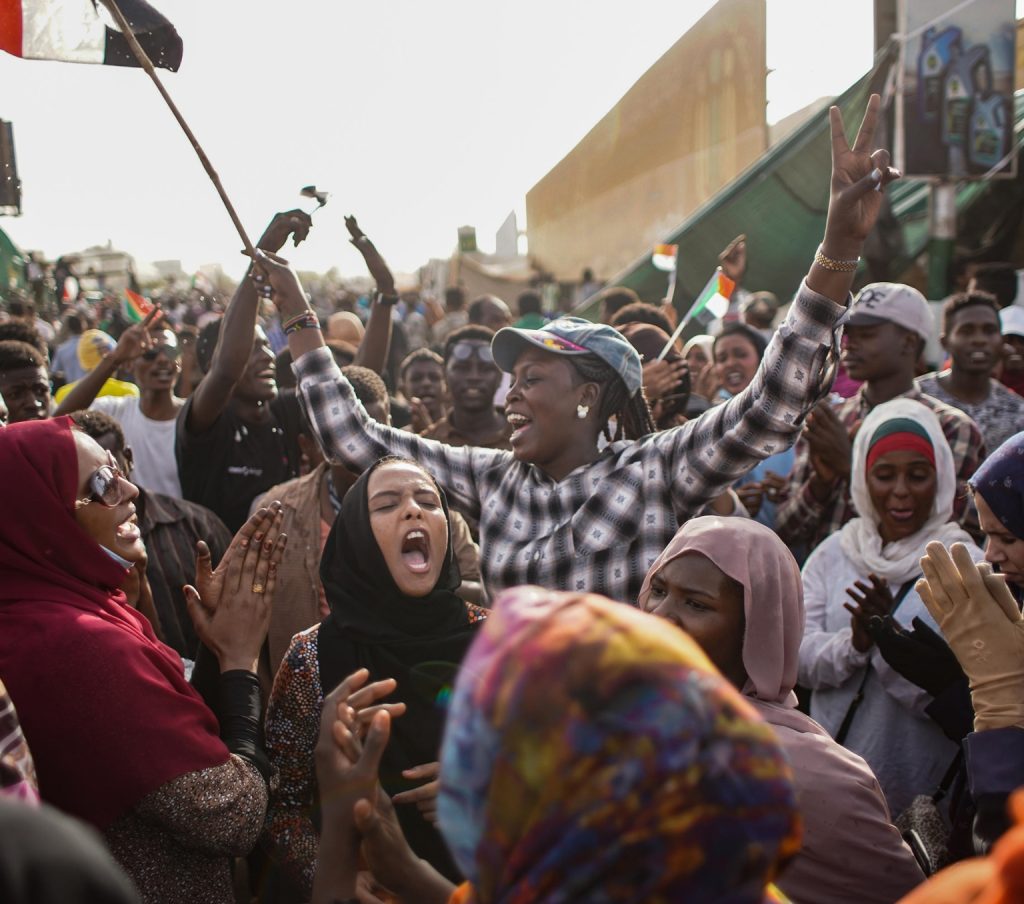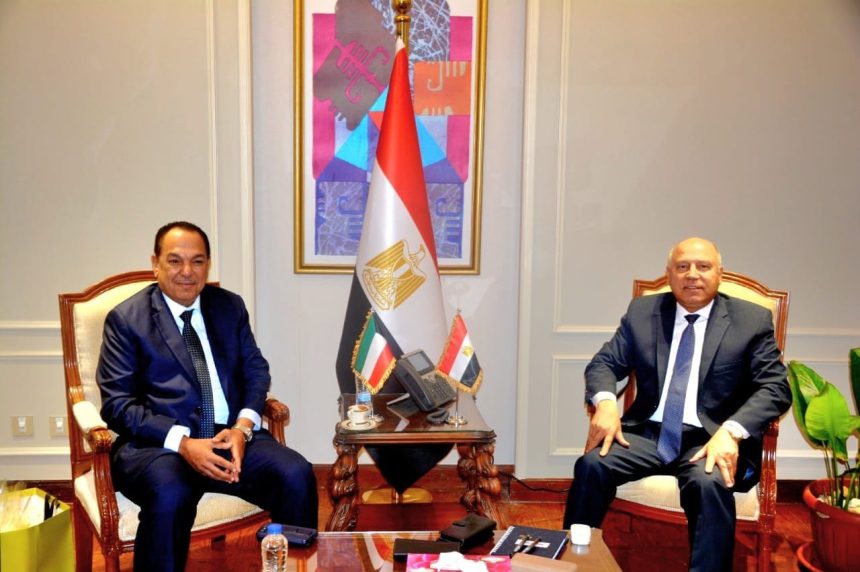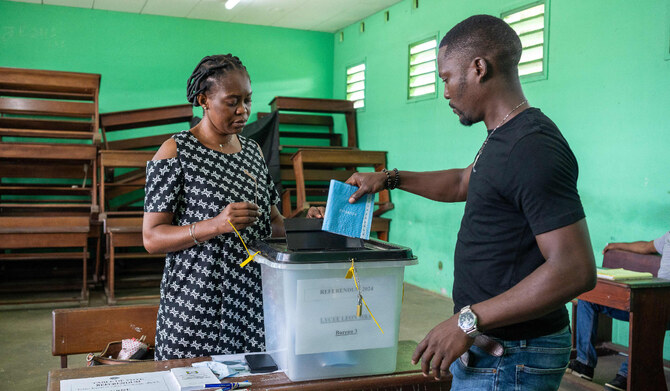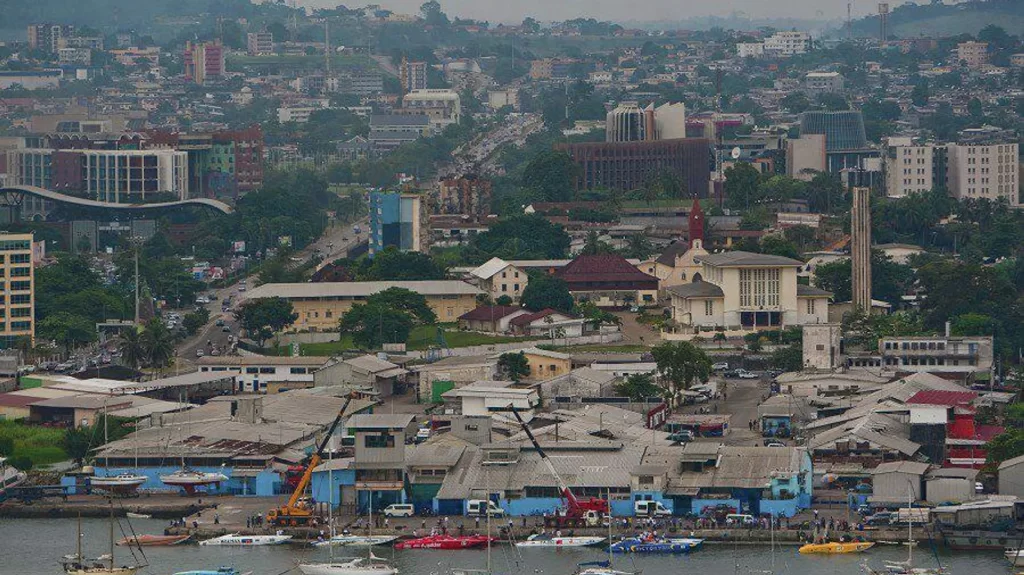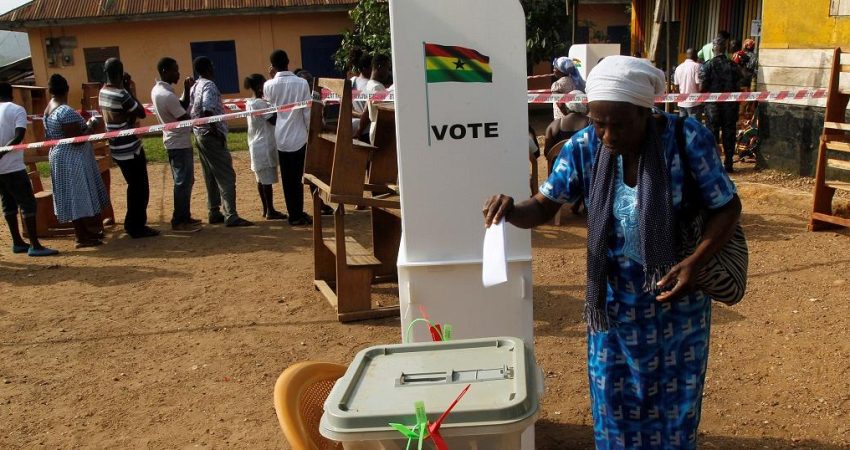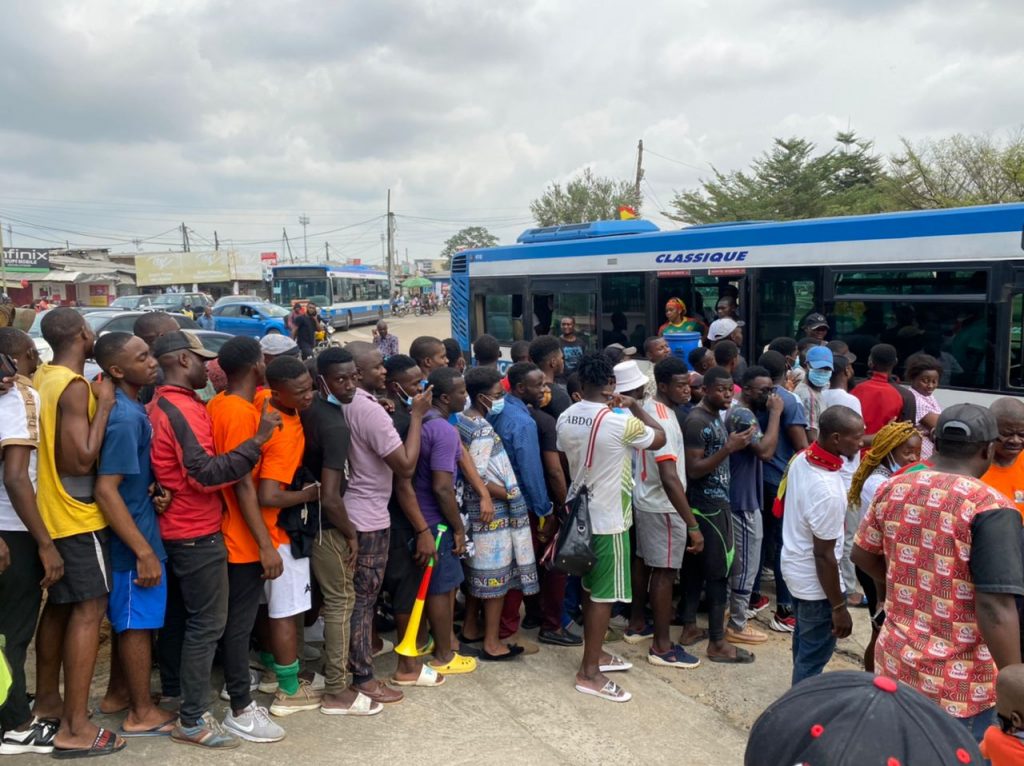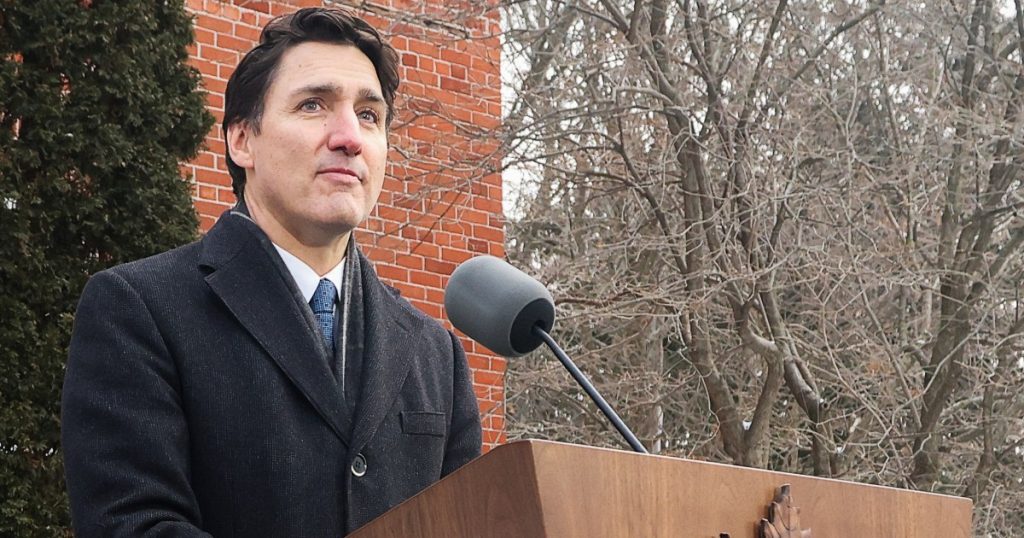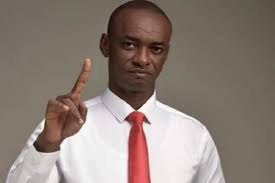The Sudan People’s Liberation Movement- Revolutionary Democratic Current (SPLM-RDC) leader, Yasir Arman has called for the inclusion of other forces linked to the war to be able to bring the conflict to an end. This comes after a meeting with Tagadum leaders on Monday.
According to the Sudan People’s Liberation Movement- Revolutionary Democratic Current (SPLM-RDC) on Monday, the Tagadum Coordination of Democratic Civilian Forces needs to include other forces to form a critical mass that is capable of stopping the war.
The Revolutionary Current leader, Yasir Arman, one of the prominent leaders of Tagadum, stressed on this during a conference, where the coalition of the anti-war forces approved its political vision and organizational structures and elected former Prime Minister Abdallah Hamdok as the head of the alliance’s leadership body.
The leadership office of the SPLM- RDC held a periodic meeting over the weekend to assess the Tagadum conference in Addis Ababa, the current war situation, and the future of peace and the political process.
In a statement, the leader revealed it is imperative to work with more forces that stand against the war to reach the critical mass needed to stop the conflict. « The statement pointed out that the founding conference was accompanied by administrative and organizational errors, which led to a weak geographical and political balance, thus reducing the maximum benefit to be achieved. »
The statement stressed that the alliance’s structures that emerged from the conference need effort, transparency, and coordination between its levels to perform the complex tasks facing the civilian and democratic forces. It also explained that the political process and external relations need collective management.
Tagadum is pushing towards launching a political process that addresses governance issues after the war, in conjunction with ceasefire negotiations, leading to the formation of a civilian government.
The Revolutionary Current called on the army leaders to resume negotiations without conditions and to present their vision and demands as a negotiating position, as the conditions prolong the war and undermine the seriousness of the army’s leaders towards peace, reiterated that stopping the war was an urgent necessity.


